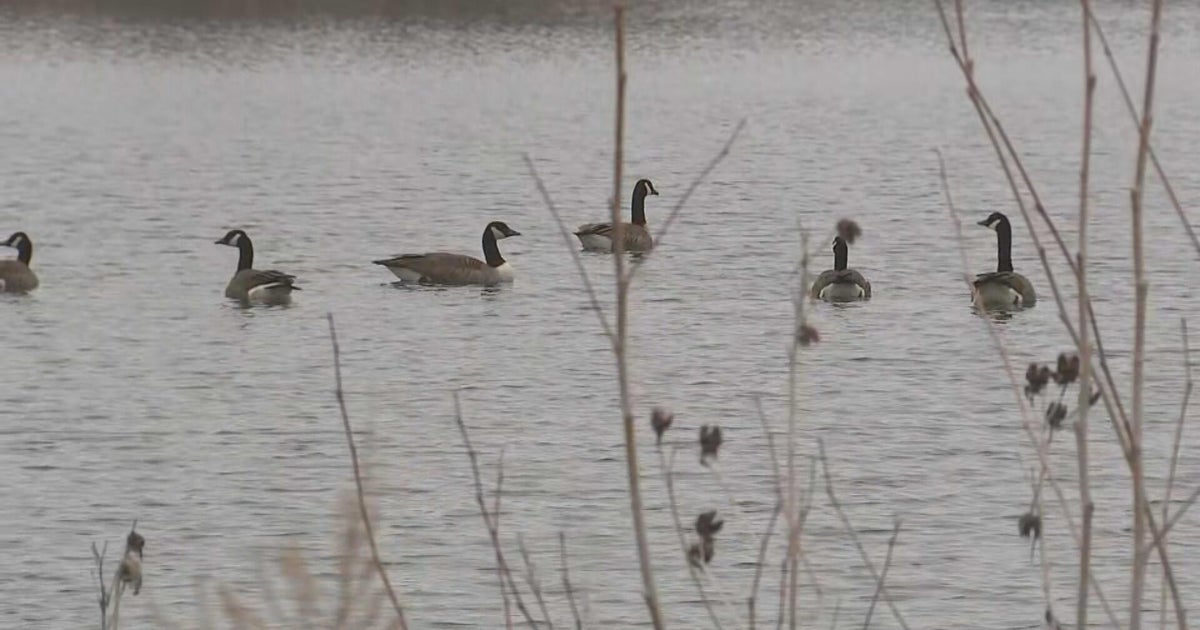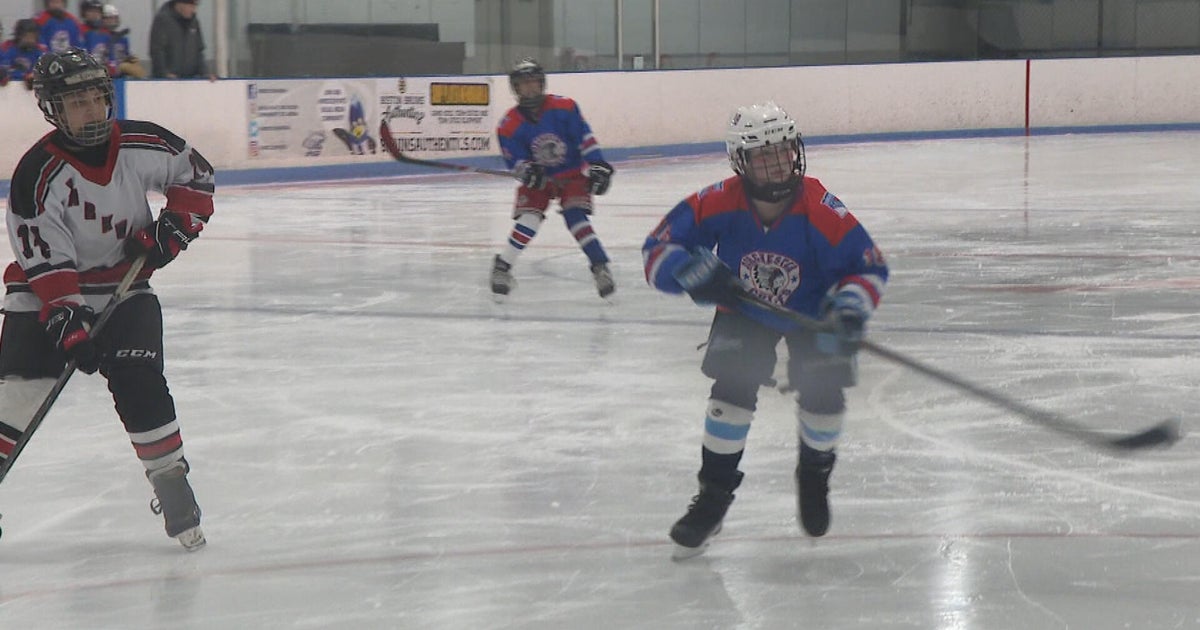West Nile virus cases on the rise in Minnesota and Wisconsin
MINNEAPOLIS — There is a rise in West Nile virus cases in our region.
It's killed two people in Wisconsin and sent another to the hospital. In addition, three people in Minnesota recently tested positive for the virus.
West Nile is transmitted by mosquitoes and late summer is when cases peak.
"It's been terrible, and we just finished our basement so every day I go down there and make sure there is nothing coming up," said Jeff Noyes, of Woodbury.
Unlike the past couple of years, there's no shortage of rain this summer. And wherever there's standing water, there's bound to be mosquitoes.
"When I'm golfing, I think about it and I spray myself and my visor and that," said Karen Taylor, of Rochester.
That's the first step towards protecting yourself against West Nile virus.
"Typically it's the end of the summer when the risk is at its highest," said Alex Carlson.
Carlson is a spokesperson for the Metropolitan Mosquito Control District. Even as the number of bugs decreases in the fall, the threat is still real.
"There is one particular family that carries here in Minnesota, and they are the culex mosquitoes. They are really container breeding so they like man-made habitat," said Carlson. "It's estimated that only about 20% of those infected show symptoms. But West Nile can cause serious illness for some people."
The most vulnerable are adults over the age of 60 and those with compromised immune systems.
"It looks a lot like the flu. So you get some nausea, fever, headaches, fatigue," said Carlson.
The culex mosquito and other species will be around as long as temperatures remain warm enough, which means even in the fall, they recommend you keep the bug repellent handy.
"When you are out at high school football games or enjoying fall evenings, still put on the bug spray and cover up as much as you can and just avoid mosquito bites as much as possible," said Carlson.
Experts said it isn't until we see overnight lows consistently below 50 degrees that the threat of West Nile goes down. That's when mosquitoes begin to die off or hibernate for the winter.








